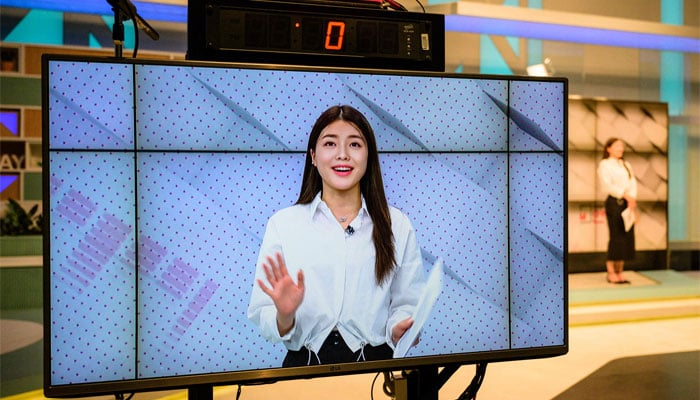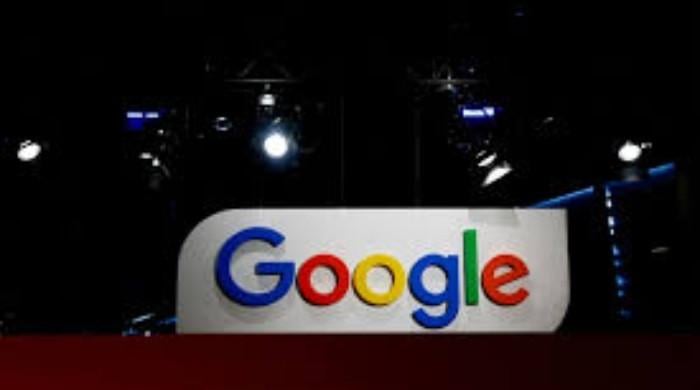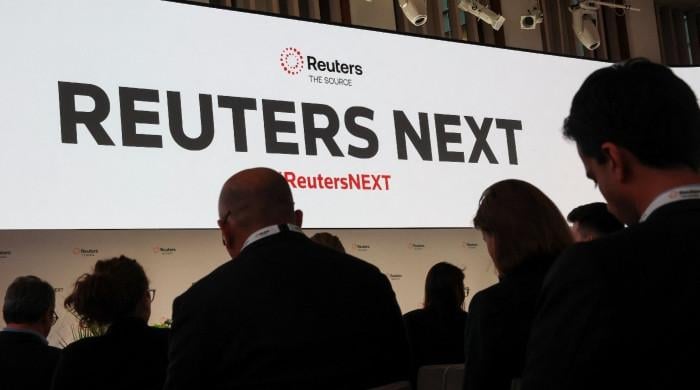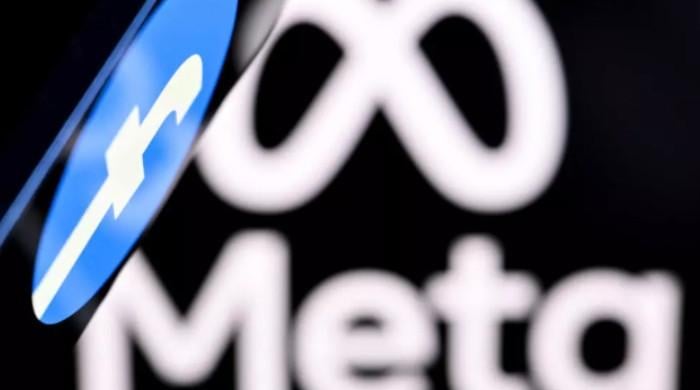From singers to sellers — How Pulse9's lifelike AI went mainstream in South Korea
Could South Korea actually be existing as an animation in the near future?
September 25, 2023

Pulse9, a South Korean artificial intelligence (AI) company, has introduced an AI human who sings, reads the news, and sells luxury clothes on TV and it has real humans scratching their heads.
Pulse9 has created Zaein, a virtual human with a deep fake face and body, to bring the corporate dreams of the perfect employee to life.
The company has created digital humans for some of South Korea's largest conglomerates, including Shinsegae, with research indicating the global market for such life-like creations could reach $527 billion by 2030.
Pulse9 CEO Park Ji-Eun says the company is expanding its AI human use by enrolling them in universities, interning at major companies, and appearing on live television to drive product sales.
"Virtual humans are basically capable of carrying out much of what real people do," she said, adding that the current level of AI technology means humans are still needed — for now.
South Korea's K-pop industry initially fueled the demand for AI humans, with the concept of a virtual idol popular among music agencies.
However, now, Pulse9 is expanding its roles to demonstrate that these virtual humans can coexist with humans as colleagues and friends, according to Park.
Meet Zaein, Pulse9's AI human
Zaein's face, created through deep learning analysis of K-pop stars' faces over the past two decades, features delicate features, fair skin, and a willowy figure, which is then layered on a human actor to bring her to life.
More than 10 human actors, each with different talents — from singing, dancing, acting, to reporting — help animate Zaein, which is what makes this particular AI creation so "special", Park said.
One of the actors who was preparing to appear on a live morning news programme on South Korean broadcaster SBS Zaein on Monday, said: "I think it can be a good practice for people who want to become celebrities and that's what appealed to me."
Pulse9's representative stated that human actors' identities are kept hidden, but the actor from SBS expressed that playing as a virtual human opened new opportunities.
"Typically, a lot of people in their teens and young people become K-pop idols and I'm way past that age, but it's nice to be able to take on that challenge," the 30-year-old actor told AFP.
Is AI ready to operate on its own?
Park predicts that artificial humans will require real people until a strong AI can process everything independently as the potential — and potential risks — of AI have gained public consciousness since ChatGPT emerged late last year.
While AI experts warn of its dangers and several countries seek regulation, Park's company seems unbothered as it develops virtual idols, influencers, and sales agents to handle customer-facing tasks for South Korean conglomerates, who are struggling with recruitment in the low-birthrate country.
South Korea, and the world, need better, clearer regulations on what AI can do, she said, adding that when done properly, the technology can add to "the richness of life".
The trouble, however, is that a deepfake can "make it impossible to tell what is real and fake", Kim Myuhng-joo, a professor of information security at Seoul Women's University said.
"It's an egregious tool when used to harm others or put people in trouble. That´s why it's becoming a problem," he added.









